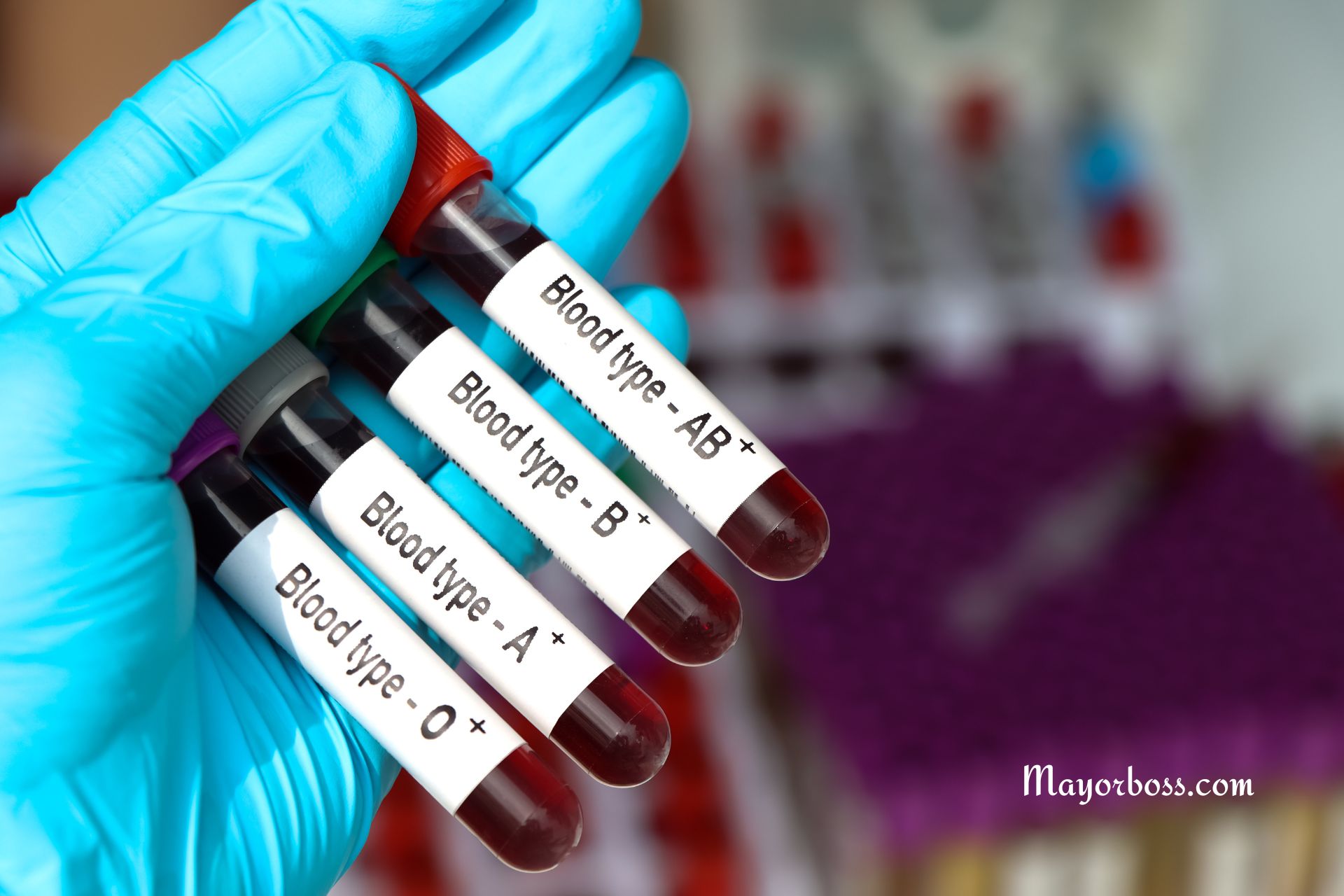Not Sure of Your Blood Type? Here’s Why It’s Time to Find Out
Knowing your blood type might seem like a piece of trivia tucked away on your medical chart, something you glance at but never really consider. However, this small detail plays a critical role in your health, medical treatments, and even in emergency situations. As you continue reading, you’ll discover why knowing your blood type is more than just a factoid—it’s a crucial piece of information that can impact your health in various ways.

The Basics of Blood Types
First off, you might wonder, “What exactly is a blood type?” Your blood type is determined by specific markers (antigens) on the surface of your red blood cells. There are four main blood types: A, B, AB, and O, which can be positive or negative based on the presence of the Rh factor. This categorization is essential because it determines who you can donate to or receive blood from.
The Importance of Knowing Your Blood Type
Emergency Situations
In an emergency, time is of the essence. If you need a blood transfusion, knowing your blood type ahead of time can speed up the process. While O-negative blood can be given to anyone in a life-threatening situation, it’s not always readily available. Plus, matching blood types more precisely is always preferable to minimize complications.
Medical Treatments
Beyond emergencies, your blood type can influence medical treatments. For instance, if you’re undergoing surgery or treatment for a chronic illness, knowing your blood type can help your medical team plan ahead for any potential needs. Also, some blood types are more prone to certain medical conditions, which brings us to the next point.
Risk of Certain Diseases
Research has found links between specific blood types and the risk of developing certain diseases. For example, type O blood might offer some protection against heart attacks but may be more susceptible to ulcers. While you can’t change your blood type, being aware of these risks allows you and your healthcare provider to tailor your health screenings and lifestyle recommendations.
Pregnancy
For expecting mothers, blood type is especially significant. The Rh factor can lead to complications if the mother is Rh-negative and the baby is Rh-positive. This situation can cause a condition called Rh incompatibility, leading to serious health issues for the newborn. Knowing your Rh status early in pregnancy allows for timely treatment to prevent complications.
How to Find Out Your Blood Type
So, how do you find out your blood type? There are several ways:
- Blood donation: Often, when you donate blood, the donation center will test your blood and inform you of your type.
- Medical records: If you’ve had surgery or been pregnant, your blood type may already be on file with your healthcare provider.
- At-home test kits: These kits are available for purchase, offering a convenient way to learn your blood type from the comfort of your home.
- Doctor’s office: You can also request a blood typing test during a visit to your healthcare provider.
FAQs
Why don’t I already know my blood type?
It’s not automatically tested unless needed, so unless you’ve had surgery, donated blood, or been pregnant, you might not know your blood type.
Can my blood type change?
No, your blood type is determined by your genetics and remains the same throughout your life.
Is it necessary to have the same blood type for organ transplants?
While it’s ideal, it’s not always necessary, thanks to advancements in medical treatments. However, compatibility is still a significant factor in the success of transplants.
In conclusion, knowing your blood type is a small but significant part of managing your health. It’s not just about having the information but understanding how it can affect everything from emergency care to long-term health management. If you’re unsure of your blood type, now is the perfect time to find out. Taking this step ensures you’re prepared, informed, and ready to make the best decisions for your health and well-being.
